
Competitions organizers Bee Breeders have unveiled the results of their Humble Architecture: Everest Challenge, which sought ideas for the design of toilet facilities that could improve the lives of users, and take account of environmental standards. News of the results comes in the same week that the competition organizer also unveiled the winners of their Office 2021 Design Challenge and Last Genocide Memorial Competition.
The Everest Challenge forms part of Bee Breeders’ Humble Architecture competition series, encouraging the use of humble but thoughtful designs which respond to the everyday needs of users but are also respectful of their surroundings.
In judging the results, the jury panel sought designs “fitting for this unique site that is cost-effective, resistant to heat, cold, rain, snow, and wind, environmentally responsible and energy-efficient, low maintenance in terms of effort and costs, and considered the limited road access for construction or installation.”
Below, we have republished the winning entries, including a brief project description. The full results can be found on Bee Breeders’ website here.
1st Prize + BB Green Award + BB Student Award: The Peak by Aurelija Kniukštaitė, Jonė Virbickaitė, and Kotryna Bajorinaitė (Lithuania)
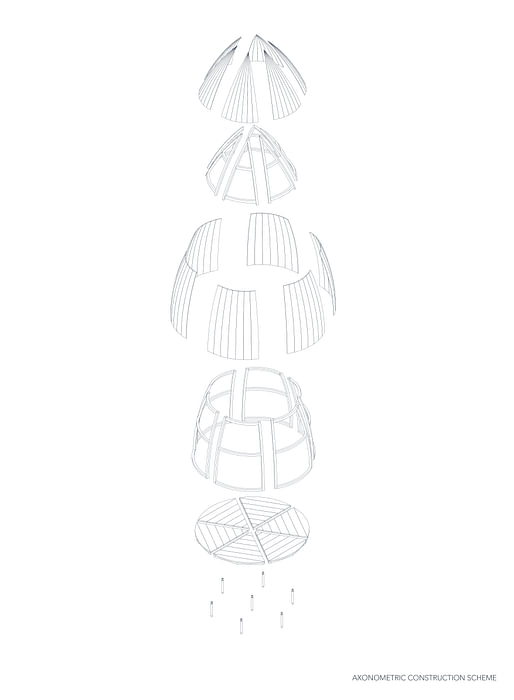
The Peak seeks to create a closed cycle for water use. Its round elegant shape blends with the panoramic views from the mountains and resists snow loads. The technology of a Nano membrane decomposes human waste and produces water in this process, returning the water to nature without the need for an energy source.
2nd Prize: Cairns by John Clayson and Andrei Dinu (United Kingdom)
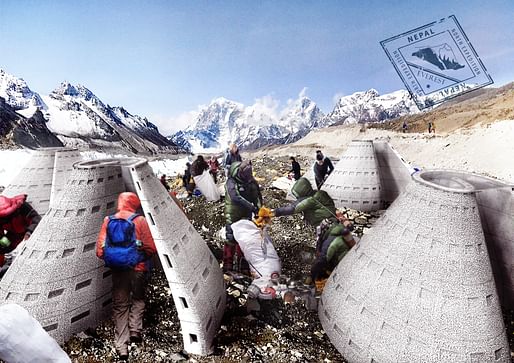
Cairns proposes a modular system made from aircrete - a lightweight and sustainable form of concrete. These molded building blocks can be carried by mountaineers to the desired location, reducing the need for any major means of transport for installation or construction. Once built, inside it includes a mesh seat and simple bag for waste disposal.
3rd Prize: Crests by Jean Trottet and Stefano Teker (Belgium)
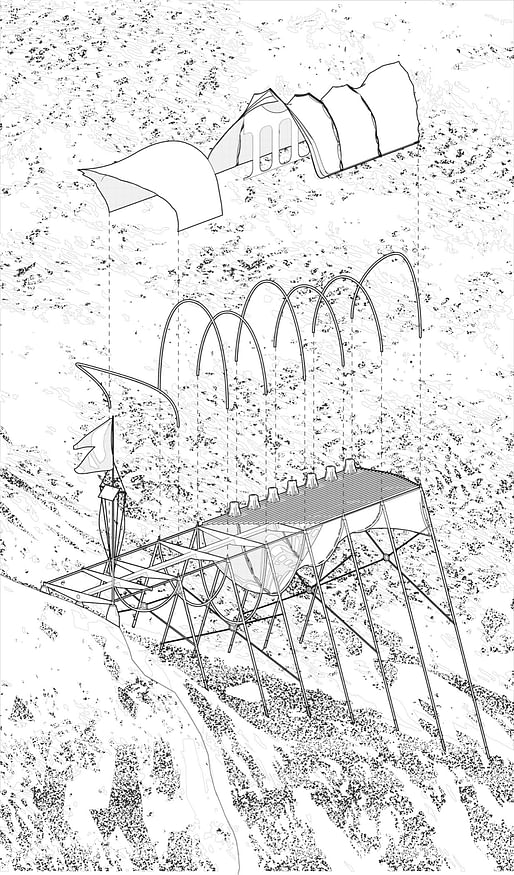
The proposal Crest takes inspiration from tents and other shelters made for extreme conditions, with a metal base structure wrapped in lightweight fabric dramatically cantilevered off the edge of the mountainous site’s steep topography. Waste is collected in biodegradable bags placed in bins removed from the mountain at intervals, where they are fed into a biogas plant also proposed as part of the solution.
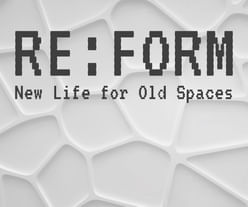
Re:Form – New Life for Old Spaces
Register by Wed, Jan 22, 2025
Submit by Tue, Sep 2, 2025
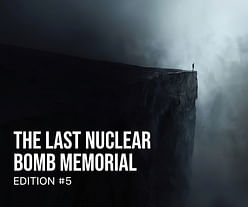
The Last Nuclear Bomb Memorial / Edition #5
Register by Thu, Jan 16, 2025
Submit by Wed, Feb 19, 2025
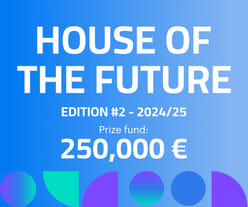
250,000 € Prize / HOUSE OF THE FUTURE 2024/25
Register by Wed, Apr 30, 2025
Submit by Mon, Jun 2, 2025

Kinderspace: Architecture for Children's Development #2
Register by Thu, Jan 16, 2025
Submit by Mon, Jun 16, 2025
No Comments